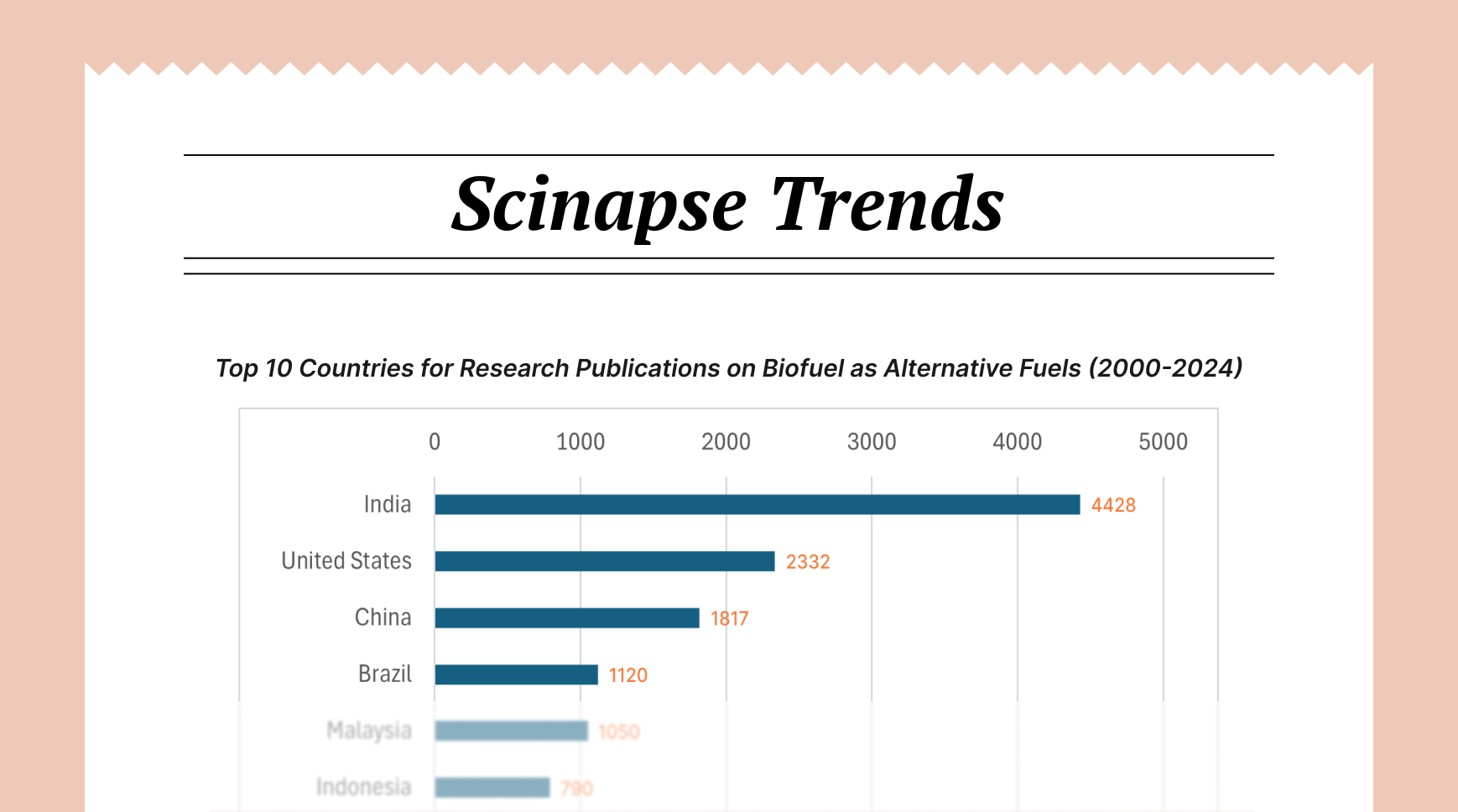Recent Advances in Oleic Acid Research: From Health Implications to Biodiesel Production (2020-2024)
Oleic acid review: Latest on health impacts (inflammation, cancer, neurogenesis) & biodiesel production (catalysts, esterification).
Introduction
Oleic acid, a monounsaturated omega-9 fatty acid, is a major component of various vegetable oils and animal fats. Its role in human health, industrial applications, and environmental sustainability has been a subject of extensive research. This mini-review summarizes the advancements in oleic acid research over the past five years (2020-2024), focusing on its health implications and its role in biodiesel production.
Health Implications of Oleic Acid
A significant body of research has focused on the health benefits of oleic acid, particularly its anti-inflammatory and anti-tumor properties. Consuelo Santa‐María and Soledad López's group has consistently updated the anti-inflammatory molecular mechanisms induced by oleic acid, with publications in 2020, 2021, 2022, and 2023 (Consuelo Santa‐María et al., 2020, Nutrients, Consuelo Santa‐María et al., 2021, Nutrients, Consuelo Santa‐María et al., 2022, Nutrients, Consuelo Santa‐María et al., 2023, Nutrients). These studies provide a comprehensive understanding of the molecular pathways through which oleic acid exerts its beneficial effects.
Younan Chen's research group has investigated the role of oleic acid in mitigating hepatic lipotoxicity. Their work in 2020 demonstrated that oleic acid can ameliorate palmitic acid-induced hepatocellular lipotoxicity by inhibiting endoplasmic reticulum (ER) stress and pyroptosis (Xin Zeng et al., 2020, Nutrition & Metabolism). Further studies by Younan Chen's group in 2022 and 2023 showed that oleic acid improves hepatic lipotoxicity injury by alleviating autophagy dysfunction (Xiaohong Liu et al., 2022, Experimental Cell Research, Xiaohong Liu et al., 2023, Experimental Cell Research). These findings highlight the potential of oleic acid as a therapeutic agent for non-alcoholic fatty liver disease (NAFLD).
Antonio Filippini and Claudia Giampietri's research group has explored the anti-tumor effects of oleic acid in hepatocellular carcinoma (HCC) cell lines. Their studies in 2020 and 2021 indicated that oleic acid exerts its anti-tumor effect via autophagy reduction (F. Giulitti et al., 2020, Front. cell dev. biol., F. Giulitti et al., 2021, Front. cell dev. biol.).
Recent research has also uncovered novel mechanisms of action for oleic acid. Mirjana Maletić‐Savatić's group discovered in 2022 that oleic acid is an endogenous ligand of TLX/NR2E1, triggering hippocampal neurogenesis (Prasanna Kandel et al., 2022, Proceedings of the National Academy of Sciences). This finding suggests a potential role for oleic acid in brain health and cognitive function.
Gerard Piñoll‐Ripoll's group in 2024 investigated the shift in the fatty acid composition of the circulating lipidome in Alzheimer's disease (Farida Dakterzada et al., 2024, Alzheimer s & Dementia). This research contributes to understanding the role of fatty acids, including oleic acid, in neurodegenerative diseases.
Oleic Acid in Biodiesel Production
The use of oleic acid as a feedstock for biodiesel production has gained considerable attention due to its abundance and renewability. Several studies have focused on optimizing the esterification process of oleic acid to produce biodiesel using various catalysts.
Ahmed O. Abo El Naga's research group has investigated the use of sulfonated hierarchical mesoporous ZSM-5 as an efficient heterogeneous catalyst for the esterification of oleic acid in 2021 (Nermein Mostafa Marzouk et al., 2021, Journal of environmental chemical engineering). They also explored the use of potato peel waste-derived carbon-based solid acid for the same purpose (Modather F. Hussein et al., 2021, Environmental Technology & Innovation).
Md. Ahmaruzzaman's research group has extensively studied the use of biomass-derived catalysts for biodiesel production. In 2022, they reported the use of Citrus limetta peel-derived catalyst (Gaurav Yadav et al., 2022, ACS Omega) and a green carbon-based heterogeneous catalyst derived from areca nut husk (Gaurav Yadav et al., 2022, Sci. rep. (Nat. Publ. Group)). In 2023, they further explored biomass-derived sulfonated polycyclic aromatic carbon catalysts (Nidhi Yadav et al., 2023, Biofuels Bioproducts and Biorefining) and a catalyst derived from agricultural waste (Oryza sativa) (Gaurav Yadav et al., 2023, Chemical Engineering and Processing - Process Intensification).
Yinyong Sun's group explored the use of a solvent-free synthesis and characterization of bimetallic UiO-66(Zr/Sn) heterogeneous catalyst for biodiesel production in 2023 (Ahmed S. Abou-Elyazed et al., 2023, Industrial & Engineering Chemistry Research). Qiuyun Zhang's group also contributed to this area by constructing a novel PMA@Bi-MOF catalyst for effective fatty acid esterification in 2023 (Qiuyun Zhang et al., 2023, Sustainable Chemistry and Pharmacy).
These studies demonstrate the ongoing efforts to develop efficient and sustainable catalysts for biodiesel production from oleic acid, contributing to the development of renewable energy sources.
Conclusion
Research on oleic acid over the past five years has revealed significant advancements in understanding its health benefits and its potential in biodiesel production. Studies have elucidated the molecular mechanisms underlying its anti-inflammatory and anti-tumor effects, highlighting its therapeutic potential for various diseases. Furthermore, the development of novel catalysts for biodiesel production from oleic acid contributes to the advancement of sustainable energy technologies. Future research should focus on translating these findings into clinical applications and optimizing biodiesel production processes for industrial-scale implementation.
✨ About This POST
This mini-review post was generated through Scinapse. Scinapse provides reliable research trend analysis using citation analysis and AI technology.
Check out the trends in your field too!
Get started at https://scinapse.io


Comments ()